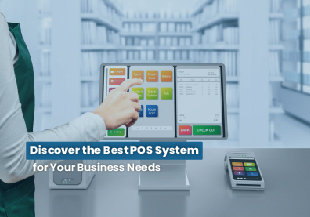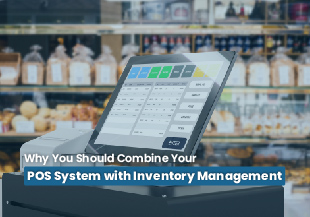In recent years, online education has become increasingly popular, offering flexibility and accessibility to learners worldwide.
In recent years, online education has become increasingly popular, offering flexibility and accessibility to learners worldwide. To facilitate effective online education, Learning Management System (LMS) software has emerged as an indispensable tool. LMS software streamlines the delivery of educational content, enables interaction between instructors and learners, and provides valuable tracking and reporting features. This article explores the top LMS software solutions, focusing on their key features and benefits for online education in Pakistan and beyond.
Understanding Learning Management Systems (LMS)
An LMS is a digital platform that facilitates the delivery, management, and tracking of educational content. It serves as a central hub for both instructors and learners, enabling them to interact, collaborate, and access course materials. LMS software has come a long way since its inception, evolving from basic content repositories to comprehensive learning ecosystems.
Key Features to Look for in an LMS
When selecting an LMS software solution, it is crucial to consider certain essential features. A user-friendly interface ensures ease of navigation for all users, while robust course management tools allow instructors to organize and deliver content efficiently. Communication and collaboration tools foster interaction among learners and instructors, promoting a dynamic learning environment. Effective assessment and feedback mechanisms enable continuous evaluation, ensuring learners' progress. Analytics and reporting capabilities provide valuable insights to optimize the learning process.
Comparing LMS Software Solutions
When comparing LMS software solutions, it is essential to consider various factors. Pricing and affordability play a significant role in the selection process, especially for smaller institutions or startups. Scalability and customizability are crucial for adapting the LMS to specific needs and future growth. Integration capabilities with existing systems ensure a seamless user experience. User reviews and ratings provide valuable feedback and testimonials from actual users.
Benefits of LMS Software in Online Education
The adoption of LMS software brings several benefits to the world of online education:
Enhanced Learning Experience
LMS software promotes interactive learning, with multimedia content and gamified elements that make learning engaging and enjoyable.
Accessibility and Flexibility
Learners can access course materials and resources anytime, anywhere, allowing them to study at their own pace.
Efficient Administration and Management
Instructors and administrators can easily manage courses, track progress, and automate routine tasks, streamlining the educational process.
Data-Driven Decision Making
LMS software provides valuable data on learner performance, allowing educators to tailor courses for better outcomes.
Considerations for Implementing LMS Software
The successful implementation of LMS software requires careful planning and consideration:
Technical Requirements and Support
Ensure that your institution's infrastructure meets the software's technical requirements, and have a reliable support system in place.
Training and Onboarding
Proper training for instructors and learners is essential to make the most of the LMS features effectively.
Security and Data Privacy
Protecting sensitive learner data is crucial, so choose an LMS that adheres to industry security standards.
Future-Readiness and Updates
Select an LMS software that keeps up with technological advancements and provides regular updates to stay relevant.
Challenges in Adopting LMS Software
While LMS software offers numerous benefits, its implementation may come with some challenges:
Resistance to Change
Some learners and instructors may be hesitant to embrace new technology, requiring support and encouragement.
Content Development and Maintenance
Creating and updating course content can be time-consuming and resource-intensive.
Monitoring and Evaluation
Tracking learner progress and evaluating the effectiveness of courses may require careful planning.
Best Practices for Successful LMS Implementation
To ensure a successful LMS implementation, follow these best practices:
Define Clear Objectives and Goals
Set specific goals for adopting the LMS and align them with your institution's educational objectives.
Involve Stakeholders from the Beginning
Engage instructors, administrators, and learners in the decision-making process to ensure buy-in and support.
Encourage Collaboration and Engagement
Promote a collaborative and interactive learning environment within the LMS platform.
Provide Ongoing Support and Training
Offer continuous support and training to both instructors and learners to maximize the LMS's potential.
The Role of LMS in the Future of Education
The future of education lies in personalized learning paths, where LMS software plays a pivotal role:
Personalized Learning Paths
LMS software will increasingly cater to individual learner needs, offering personalized learning journeys.
Gamification and Interactive Learning
Gamified elements and interactive content will be integrated into LMS platforms to boost engagement.
Artificial Intelligence in LMS
AI-driven algorithms will analyze learner data to provide tailored recommendations and feedback.
Conclusion
In conclusion, Learning Management System (LMS) software solutions have revolutionized the landscape of online education. The top LMS software solutions offer diverse features to enhance the learning experience, foster collaboration, and optimize educational outcomes. While challenges may arise during the implementation process, adhering to best practices ensures successful integration. As education continues to evolve, LMS software will play a crucial role in shaping the future of online learning.






 Chat with Prismatic Bot
Chat with Prismatic Bot